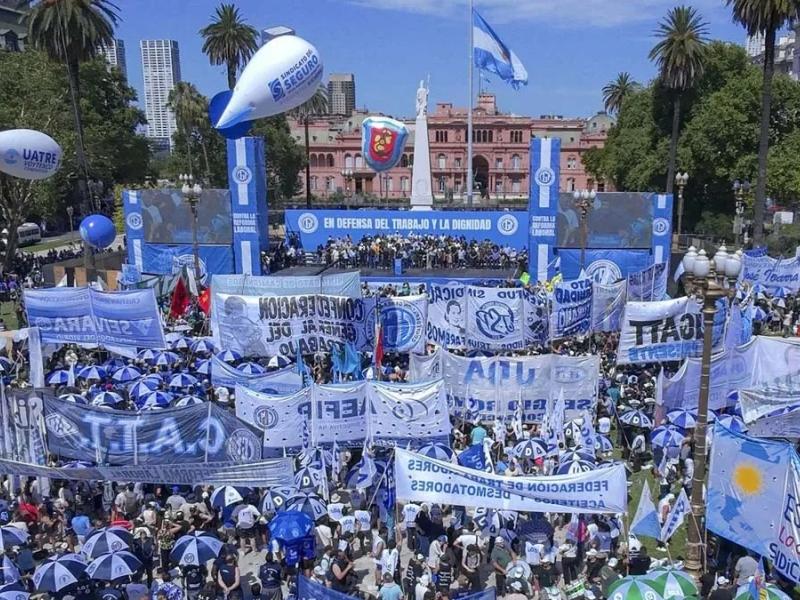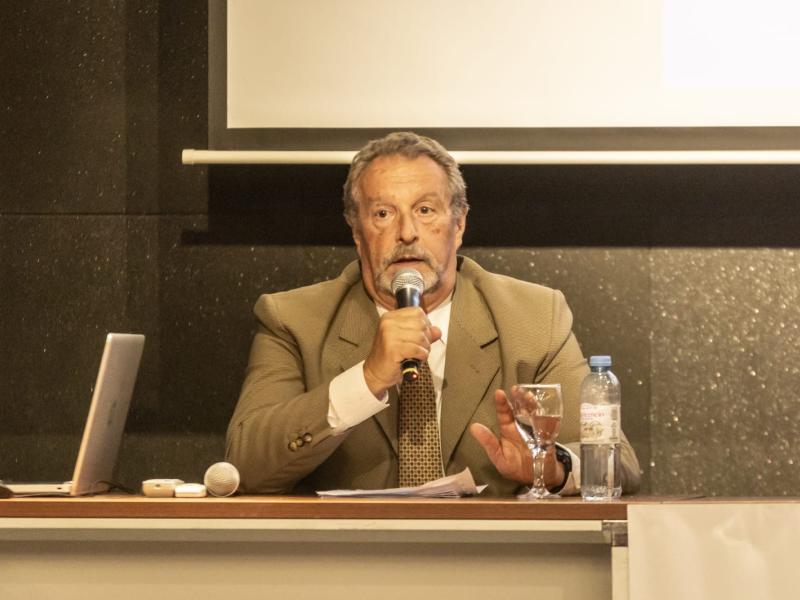Joint work to end worsening seafarer criminalisation and unfair treatment on the agenda at London event – organised by ITF, ILO, IMO and ICS
The maritime industry must come together now to take action to end the worsening crisis of seafarer criminalisation and unfair treatment – that was the clear message at last week’s criminalisation event at the International Maritime Organization (IMO) in London.
The International Transport Workers’ Federation (ITF), the International Labour Organization (ILO) and the International Chamber of Shipping (ICS) joined the IMO in co-hosting the event, held as seafarer criminalisation and unfair treatment cases are increasing. The event also followed on from the incorporation of new ILO-IMO ‘Guidelines on fair treatment of seafarers detained in connection with alleged crimes’ into the Maritime Labour Convention (MLC) 2006 two weeks ago.
“Our challenge today is not to leave feeling good that we’ve said all the right things – what are we going to do that’s concrete?” asked ITF General Secretary, Stephen Cotton, in one of a series of panels which were all live-streamed and are now available to watch on YouTube.

“We have pillars of cooperation built over years in the maritime industry,” said Cotton. “They help us to have the confidence that if we say we can build a better system, we can deliver it. We find a way to deliver solutions.”
Unjust seafarer criminalisation and unfair treatment takes place across a range of issues, including narcotics found on vessels – a major topic of the event, and the focus of the new Guidelines – to incidents of marine pollution, and maritime accidents at sea and in ports.
Seafarer Mithun Deshpande was one of the speakers at the event. He was serving onboard the Panama-flagged MT Riah when it was seized by Iranian authorities in the Straits of Hormuz in 2019.

Deshpande was an observer, due to take command after the discharge of oil that would have completed the planned voyage from Sohar, Oman, to Sharjah, in the United Arab Emirates. While other crew members were released after the seizure, the captain, chief engineer and Deshpande were detained in jail in Iran for 49 months for illegally trafficking oil – with a USD1.2 million fine levied for his release, and the ship-owning company cutting contact with them after the fine was tabled.
“We endured prolonged detention without due process, without timely consular access and with no legal resources,” said Deshpande, who thanked the Indian Government, the ITF, and ITF affiliate, the Maritime Union of India, for their assistance.
“For 49 months, our families, parents, spouses, children, lived in emotional turmoil and financial hardship. We were not criminals, we were seafarers – but we were forgotten and treated as disposable.
“Let this not become another forgotten case, let this become a turning point.”
Corinne Vargha, Director of the International Labour Standards Department at the ILO, noted the sad reality that while many are interested in the economy of the maritime industry, they do not have the same interest in the seafarers who keep it running.
“This is a real labour crisis, a human rights crisis,” she explained. “We need to be doing much better at preventing seafarers from becoming detained.”

“When we are coordinated, as we are with the IMO, ITF and ICS, we can do really impactful work. We need to be doing that more, with more focus and strategy.”
Vargha explained the significance of the Guidelines now being referred to in the MLC: it will trigger regular monitoring of action taken by states by an ILO committee of experts.
ITF research shows 33 cases of criminalisation and unfair treatment of seafarers since 2023: what is an old problem is also a growing one, a point agreed on by all in attendance.
In recent months, the ITF has drawn attention to the case of the captain and chief mate of the Phoenician-M, jailed in Turkey, and the master, first officer and bosun of the Lastovo ferry, facing criminal charges in Croatia.
In the case of the Phoenician-M, drugs were found on the ship in Turkey, yet while there was no evidence tying them to the crew, the captain and chief mate are now serving 30-year sentences.
In Croatia, investigations by the Ministry of the Sea, Transport and Infrastructure and the Maritime Accident Investigation Agency exonerated the Lastovo crew and instead blamed state-owned company Jadrolinija Rijeka’s management for the tragedy. However, it is the seafarers who now face criminal charges.
“Quite often seafarers are used as political pawns in areas which have nothing to do with them at all – we saw that with the Galaxy Leader,” said former ICS Secretary General, Guy Platten. “We have got to keep highlighting that they are just people who want to go to work and want to come home to their families.”

“Sadly, the problem is getting worse, and we have to acknowledge that. Seafarers’ rights are human rights, and they need to be protected.”
IMO Secretary General, Arsenio Dominguez, outlined his determination in ensuring that the IMO tackles criminalisation and unfair treatment.
“Seafarers are top of the agenda for the IMO,” he said. “The main focus of what we’re looking at is to ensure due process is given to the seafarers – that they get all the assistance and advice that is required.”

Crucially, Dominguez pointed to the need for accountability, alongside collaboration from those in the industry.
“We can’t back down – seafarers are still not given their place. We need to look at accountability – the flag state, port state, the nationality of seafarers.
“Everyone has a role to play.”



